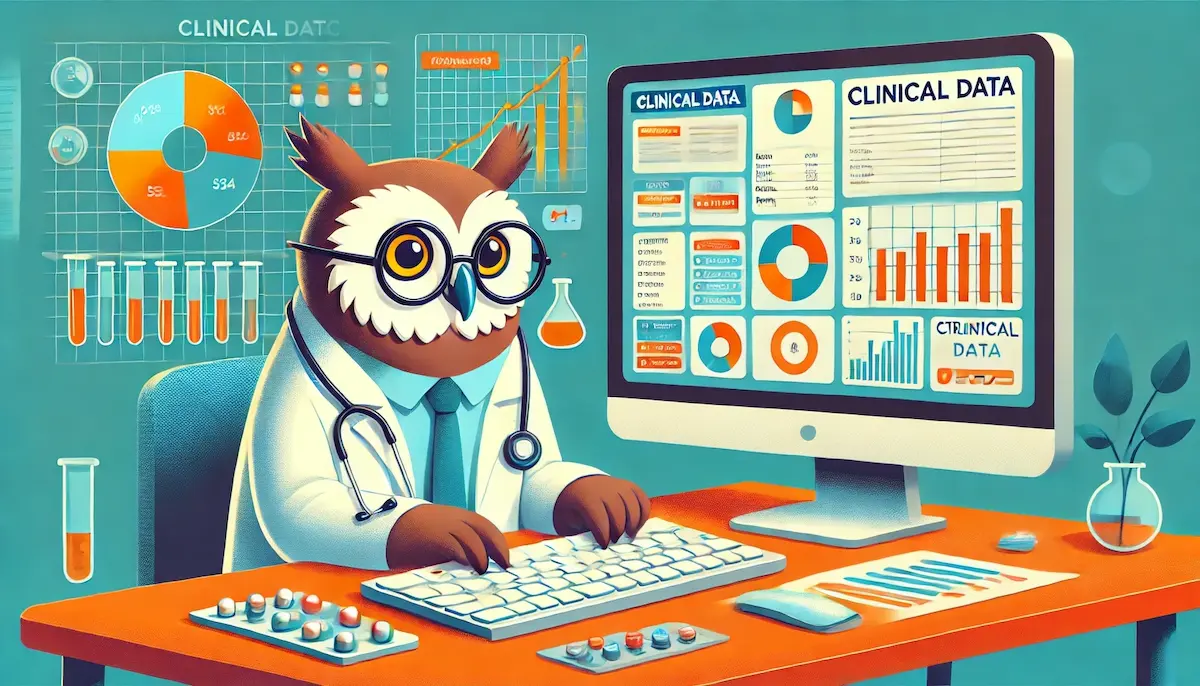Clinical data analysis is a crucial practice within healthcare that involves the systematic examination of data related to patient care and outcomes. By leveraging this data, healthcare providers can improve the quality of care, enhance patient outcomes, and support medical research. Let’s delve into what clinical data analysis entails and why it’s vital for the modern healthcare landscape.
What is Clinical Data Analysis?
Clinical data analysis involves collecting, processing, and analyzing data from various sources within healthcare settings, such as electronic health records (EHRs), clinical trials, patient surveys, and medical imaging. The primary goal is to extract actionable insights that can inform clinical decision-making, optimize treatment plans, and improve overall healthcare delivery.
Why is Clinical Data Analysis Important?
Clinical data analysis plays a pivotal role in transforming healthcare by providing data-driven insights. Here are several reasons why it’s important:
Improving Patient Outcomes
By analyzing clinical data, healthcare providers can identify patterns and trends that help in diagnosing diseases early, personalizing treatment plans, and monitoring patient progress. This leads to better health outcomes and improved patient satisfaction.
Enhancing Clinical Decision-Making
Clinical data analysis supports evidence-based medicine by providing insights from real-world data. This helps clinicians make informed decisions, choose the most effective treatments, and reduce the variability in patient care.
Optimizing Resource Allocation
By understanding the utilization of healthcare resources, clinical data analysis helps in optimizing the allocation of resources such as hospital beds, medical staff, and equipment. This leads to more efficient and cost-effective healthcare delivery.
Supporting Medical Research
Clinical data analysis is essential for medical research, providing valuable insights into disease mechanisms, treatment efficacy, and patient outcomes. This accelerates the development of new therapies and improves existing ones.
Enhancing Public Health
Analyzing clinical data helps identify trends in disease prevalence, health behaviors, and the effectiveness of public health interventions. This supports the planning and implementation of public health strategies aimed at improving population health.
How is Clinical Data Analysis Conducted?
Clinical data analysis involves several steps, from data collection to actionable insights. Here’s an overview of the process:
Data Collection
Data is collected from various sources, including EHRs, clinical trials, medical imaging, laboratory results, and patient surveys. Comprehensive data collection is essential for gaining a holistic view of patient care and outcomes.
Data Processing
The collected data is cleaned and processed to ensure accuracy and consistency. This involves handling missing values, normalizing data, and integrating data from different sources.
Data Analysis
Various analytical techniques are applied to the processed data. Common methods include:
- Descriptive Analytics: Summarizing historical clinical data to understand past trends and patterns.
- Predictive Analytics: Using statistical models and machine learning to forecast future health outcomes and identify potential risks.
- Prescriptive Analytics: Recommending actions based on predictive insights to optimize patient care.
- Natural Language Processing (NLP): Extracting meaningful information from unstructured data, such as clinical notes and patient feedback.
Data Visualization
The results of the analysis are often presented using data visualization tools. Visual representations like charts, graphs, and dashboards make it easier to interpret complex data and communicate findings effectively.
Actionable Insights
The insights gained from clinical data analysis are used to inform clinical and operational decisions. This can involve personalizing patient care plans, optimizing hospital workflows, improving clinical guidelines, and supporting policy-making.
Ethical Considerations
Ethical considerations are paramount in clinical data analysis. Ensuring data privacy and security is critical, particularly when dealing with sensitive patient information. Compliance with regulations like HIPAA (Health Insurance Portability and Accountability Act) and GDPR (General Data Protection Regulation) is essential to maintain trust and integrity. Transparency with patients about data usage and obtaining their consent are also crucial practices.
Conclusion
Clinical data analysis is a powerful tool for transforming healthcare and improving patient outcomes. By leveraging data-driven insights, healthcare providers can enhance clinical decision-making, optimize resource allocation, support medical research, and enhance public health. As the healthcare landscape continues to evolve, the importance of clinical data analysis in achieving better health outcomes for all will only grow.
Blockfine thanks you for reading and hopes you found this article helpful.
